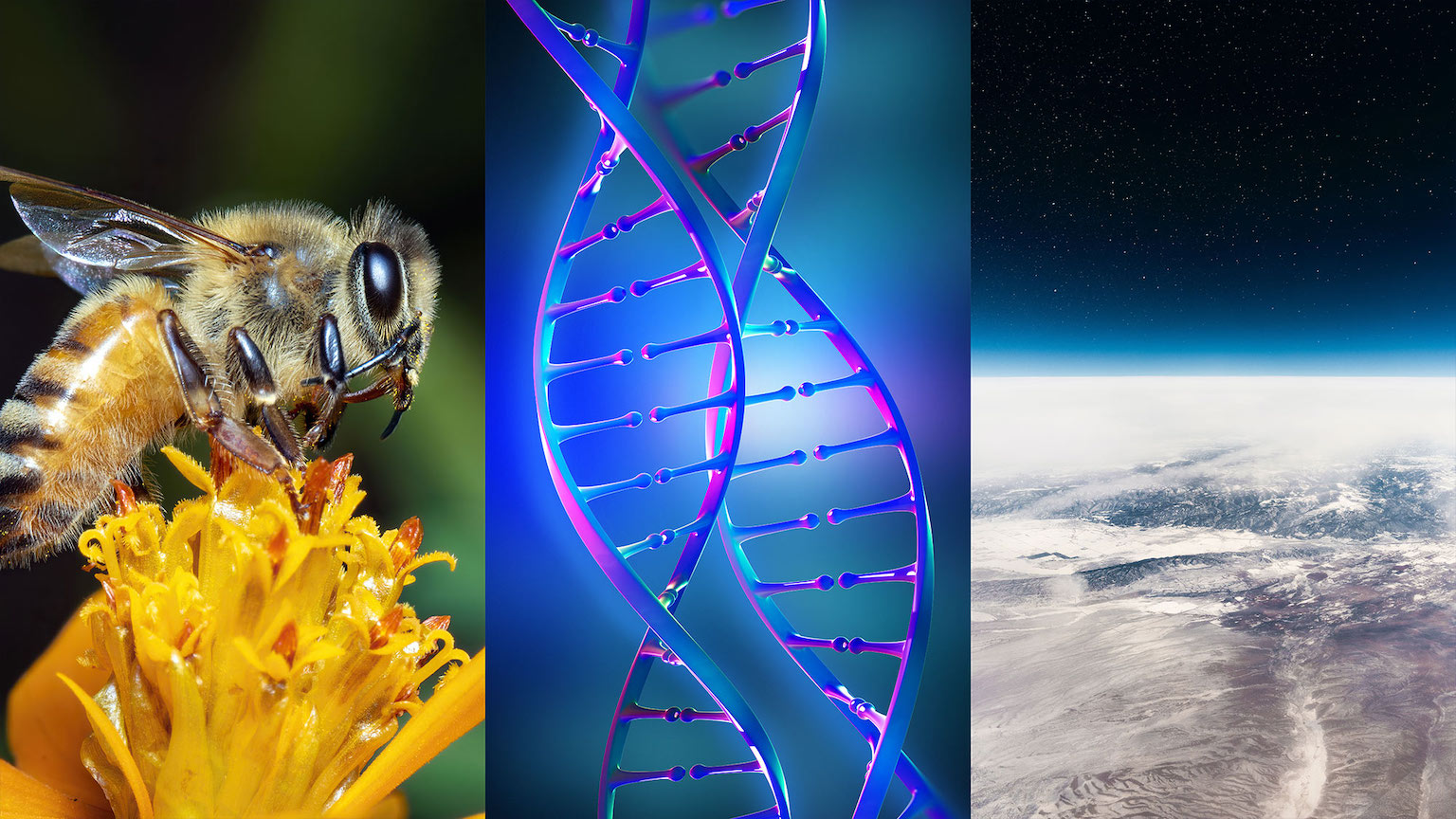Scientific pluralism: why science does not give straight answers and simple solutions

- Many think that science is in the business of reaching simple, comprehensive, and unambiguous answers about how the world works.
- The problem is that many scientific problems can be approached at different levels or from different angles. For instance, psychiatry works at the level of the individual but also at the molecular level.
- Scientific pluralism is the idea that, for many phenomena, there exist multiple scientific models that operate simultaneously.
The good thing about science is that there are simple answers, right? Those wishy-washy liberal arts subjects like philosophy, literature, or history never reach any conclusions. You just waste your time (and the government’s money) prattling on, with no hope of reaching anything helpful or definite. But, with science, you have your hypothesis, your experiment, and your conclusion. Neon is an inert chemical element. Electromagnetism is a fundamental force. The human heart has four chambers. The earth’s surface is made up of tectonic plates. That’s science: facts, answers, and resolute conclusions.
But this really isn’t the whole picture. For one, science contains the tools by which to challenge and correct its own answers, such as peer review and further experimentation. Whenever a new “answer” is presented in the scientific literature, especially those of an unexpected or revolutionary nature, the scientific community takes great joy in trying to either corroborate or disprove it. This is important because, at the end of the day, science isn’t really about facts. Instead, it’s a method of discovering knowledge.
Second, and more fundamentally still, there are some things to which even science cannot give a straight answer. For every question you can ask of the world, there are many epistemological approaches and just as many answers.
There is no one approach to a scientific question
When faced with a problem, we unavoidably approach it in the way we think and know best. And scientists are no different. Let’s take a question like, “Why do some birds migrate?” It is possible to answer this using behavioral explanations, like they need to find food, hatch young, avoid predators, stay warm, and so on. Or, you could give more physiological answers, such as hormonal regulation, temperature sensitivity, and brain activation.
The issue is that any scientific question can be approached from various levels, none of which alone provides a satisfactory or sufficient explanation. For example, let’s consider the example of memory consolidation. Carl Craver identified four different levels of organization, but each is no “better” at explaining memory than the last. Each is correct in its own way. At the “computational-hippocampal” level, we can explain memory by the structural features of the hippocampus and its connections with other brain regions. At the “molecular-kinetic” level, the answer involves glutamate molecules, Ca2+ ions, cell receptors, and so on.
We can still have “answers” in this case — in that we could study memory at any of these four levels — but do we have a complete understanding of memory consolidation? Taken in aggregate, we might say that we have reached a satisfactory explanation, but which “level” gets epistemological primacy? And does flipping between the various levels cause problems?
In psychology, there tends to be a a “ruthless reductionism” — that is, a bias toward “looking downward” to the neurological or molecular level. There is an assumption that the smaller and more detailed we go, the better our explanation is. But the question the philosophy of science raises is this: is that really true? Is the cellular or molecular explanation always the best? Are we just a product of a bunch of molecules bouncing around?
Scientific pluralism
The problem stems from the notion that some ideas cannot be understood properly by this “ruthless reductionism.” Much of the philosophy of science sees the endeavor as establishing a single, inarguable, and comprehensive account of the world (in what is sometimes called the “unity of science”). But, the model that we might use in one particular scientific context might not be appropriate or even useful in another.
The philosopher Rasmus Grønfeldt Winther, in his book When Maps Become the World, argues the point by comparing science to the maps that we use. Across academic disciplines, not just science, we use various visual representations or abstractions to represent real-world phenomena. In the same way that the maps we use can be warped or unrepresentative of reality, so too are the more metaphorical maps (which we might call models) that we use in science. With a naïve and simplistic understanding of a map or model, we might assume that it represents the only equivalent of the real world. But, as we begin to appreciate the multilevel complexity of any subject, we develop “integration platforms” in which many different representations or models can be accepted for the same phenomenon. We can appreciate different scientific maps, each suitable for different needs, and so accept a plurality of models that coexist. For Winther, science doesn’t reduce to a single answer, but lives with many.
Dealing with ambiguity
Scientific pluralism — the idea that several models can exist for a single phenomenon — is common. Physicists must accept the reality that general relativity explains the very big while quantum mechanics explains the very small. Multiple models are accepted across climate science, behavioral biology, psychology, and many other fields.
What this means in practice is that science is not some paradigm of straight answers and happy endings. Across most scientific disciplines, the answers you get will depend upon the model or the lens that you are using. A chemist sees the world differently than a biologist.
The problem lies within our own minds. The issue is not necessarily a metaphysical one (that is, about the “actual” way things are) but an epistemological one (that is, about our own knowledge). We each approach the world armed with our own “maps” and expectations. As a result, it is highly unlikely that any scientific field will easily, if ever, coalesce around one simple answer to any complex question.
Jonny Thomson teaches philosophy in Oxford. He runs a popular Instagram account called Mini Philosophy (@philosophyminis). His first book is Mini Philosophy: A Small Book of Big Ideas.





